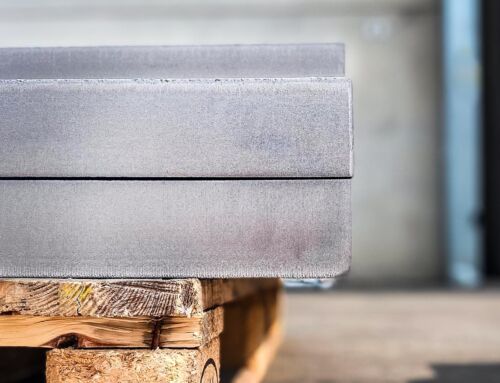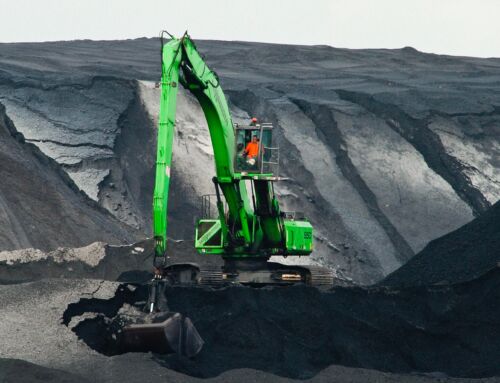Construction steels, also known as carbon structural steels, are the most widely used steel rolling products. They come in both flat (plates, forged blocks, coils) and long forms (profiles, structural tubes, beams), making them essential for constructing infrastructure and machinery used in structural and mechanical carpentry. As a key commodity, construction steels are widely traded on the international market. From pylons to stadium roofs, from skyscrapers to presses, structural steels shape the modern landscape.
The history and evolution of steel
Over 6000 years ago, humanity began transitioning from stone to metals, starting with copper, moving to bronze, and eventually, just over 3000 years ago, arriving at iron. Today, we live in the age of steel. Structural steels are typically mild steels with a carbon content between 0.25% and 0.40%, providing excellent weldability and ductility. These properties make them ideal for numerous applications.
Customization of structural steels with chemical elements
Other chemical elements can also be added to enhance steel’s performance. For example, adding copper produces Corten steel, which increases resistance to electrochemical oxidation. Adding chromium creates stainless steel, which offers even greater resistance to corrosion and oxidation than Corten.
Standards and applications of structural steels
According to the EN 10027 standard, structural steels are defined based on their end use. We mainly focus on structural steel denoted by the letter “S,” which stands for steel intended for carpentry. After this designation, the grade of yield strength in N/mm² (MPa) is indicated, followed by the resilience value tested at specific temperatures. For instance, S355J2 steel is a structural steel with a yield strength of 355 MPa and a resilience of not less than 27 Joules when tested at -20°C.
Sidertaglio Lamiere: a trusted supplier of construction steels
For over 40 years, Sidertaglio Lamiere has been working with the best steel mills to supply structural steels in a range of thicknesses, from 6 mm to 650 mm. These sheets are available in stock and can be sold whole or cut to size according to the technical drawings provided by our clients. For more information or personalized consultations, don’t hesitate to contact us—we’re here to assist with all your steel needs.







